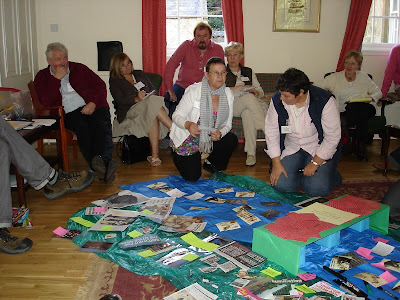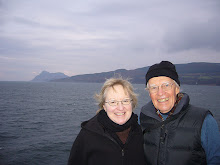| "Poverty is defined relative to the standards of living in a socieity at a specific time. People live in poverty when they are denied an income sufficient for their material needs and when these circumstances exclude them from taking part in activities which are an accepted part of daily life in that society." --Scottish Poverty Information Unit "There are basically three current definitions of poverty in common usage: absolute poverty, relative poverty and social exclusion: Absolute poverty is defined as the lack of sufficient resources with which to keep body and soul together. "Relative poverty defines income or resources in relation to the average. It is concerned with the absence of material needs to participate fully in accepted daily life. "Social exclusion is a new term used by the Government. The Prime Minister described social exclusion as 'a shorthand label for what can happen when individuals or areas suffer from a combination of linked problems such as unemployment, poor skills, low incomes, poor housing, high crime environments, bad health and family breakdown.' " The House of Commons Scottish Affairs Comittee "Persons, families and groups of persons whose resources (material, cultural and social) are so limited as to exclude them from the minimum acceptable way of life in which they belong." |
Wednesday, October 17, 2007
Definitions of Poverty in Scotland and the EU
Sunday, October 14, 2007
Robert Owen at New Larnark
 |
Thursday, October 11, 2007
Margo Uprichard
Whenever members of the Transformation Team speak, lead workshop and even when they lead worship services, they engage all the people in some kind exercise or action project. In the workshop picture below, Margo Uprichard, in the black sleeveless, is leading a workshop on worship. She has asked the people to write out a description of living conditions in their, mostly poor, neighborhoods, and on the other side of the river they have written elements of the worship of their congregation. The discussion asks how can people build a bridge between real life situations and the worship of the church.
Wednesday, October 10, 2007
A NEW APPROACH TO VOLUNTEETING


.jpg)


.jpg)

